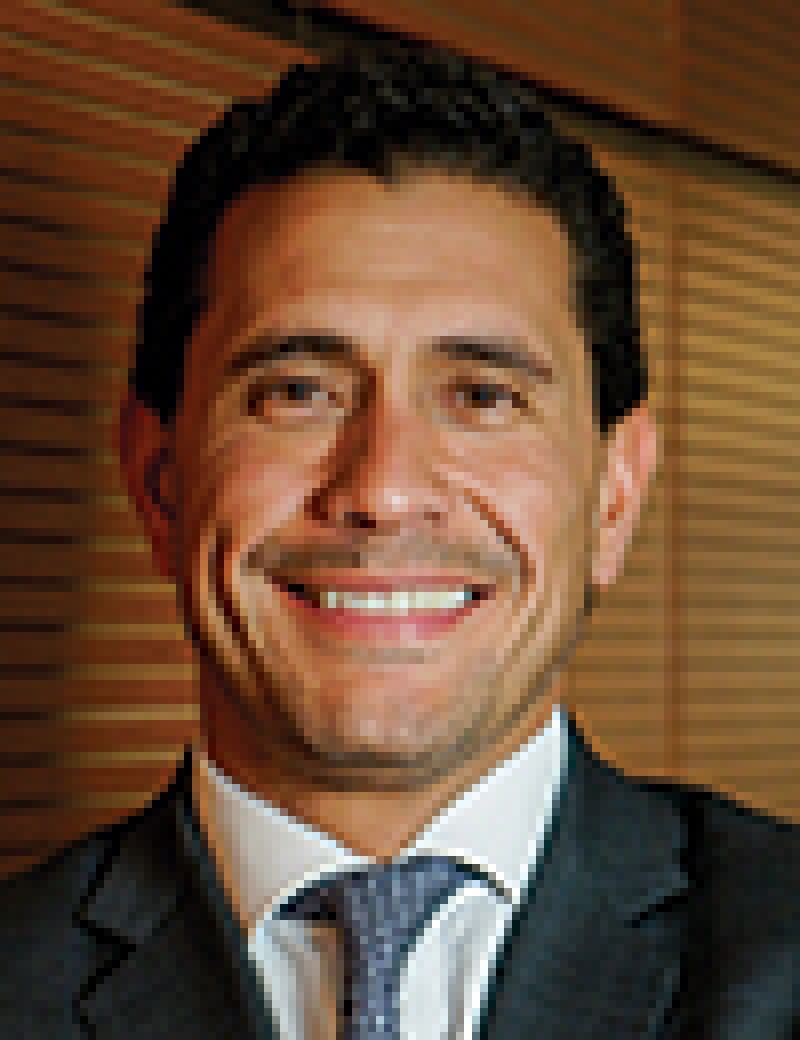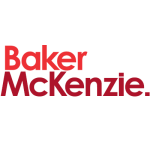With the enactment of Law 1819 in 2016, Colombia adopted several OECD recommendations related to the VAT treatment of digital services applicable to the taxation of software. However, from an income tax perspective, Colombia has not introduced any relevant regulations addressing this situation. As a result, rules over residency and the source of income that were created before the fourth industrial revolution continue to underpin taxation policies on software in Colombia.
Generally, software licensing is deemed a service and is therefore taxed at the VAT rate of 19%. In domestic transactions, the tax is collected by the service provider and is charged in the invoice. In international business-to-consumer (B2C) transactions where the provider is non-resident, the tax is collected by the licence provider, which may be required to register in Colombia. Meanwhile, in international business-to-business (B2B) transactions, the tax is collected by the Colombian client through a self-assessment mechanism.
Under certain circumstances, for instance software licensing that involves a Colombian licensor and a non-resident client, the transaction may be taxed at 0% under the VAT regime for the export of services.
The abovementioned treatment may be subject to certain exceptions. Software licences purchased for the development of digital content on Colombian soil are VAT-excluded or not subject to VAT. This is a result of the implementation of fiscal policies by the Colombia government that seek to encourage the creation of digital content in the country.
Likewise, software provided through cloud computing services is also VAT-excluded, provided that the conditions and guidelines developed by the Colombian Tax Office and the Colombian Ministry for Information Technology are met (namely, that the software is provided through the models of software as a service (SaaS) or infrastructure as a service (IaaS), among other requirements).
Income tax rules not keeping pace
From an income tax perspective, while the income tax withholding tax rate in payments to non-resident software-licence providers was amended in the latest tax reform and reduced to 20%, no other substantial changes have occurred. As a result, traditional residency and source of income rules apply.
Services provided within Colombian territory are considered Colombian-sourced income and subject to withholding tax. In Colombia, withholding tax is an advanced collection system for income tax and it entitles the taxpayer to offset the withholding tax in its income tax return against the final tax liability assessed in the return. Accordingly, Article 408 of the Colombian Tax Code states that payments made abroad compensating for 'software exploitation' are subject to income tax withholdings at a rate of 20%. The Colombian tax authorities have taken the position that if a client or licensee is located in Colombia, the software is being exploited on Colombian soil and therefore any income it generates is subject to 20% withholding tax.
On February 6 2018, the Colombian Tax Office issued Ruling 000065 in relation to the taxation of software rendered through cloud-computing services through SaaS or IaaS models. This ruling established that cloud computing services are technical services and, therefore, subject to withholding tax regardless of where the services are provided.
However, following a ruling revocation request, the Colombian Tax Office issued Ruling 032620 of November 8 2018. With this new ruling, it reconsidered its previous position by affirming that, if cloud-computing services do not involve the intervention of an operator but consist of an automated process without human intervention, the service will not be characterised as a technical service. Accordingly, SaaS would not be subject to withholding tax.
Changes in the Tax Office's position demonstrate that these matters are not entirely peaceful and that controversy remains latent.
Ciro Meza |
|
|---|---|

|
Partner Baker McKenzie Colombia Tel: + 57 1 634 1557 Ciro Meza is a lawyer with an LLB from Pontificia Universidad Javeriana and a specialist in tax law (Universidad del Rosario). He obtained a LLM in international and comparative law from Tulane University in New Orleans, US. For more than 15 years, he has advised companies in the oil, pharmaceutical, technology, mass consumption and mining sectors on matters related to tax planning and consulting and litigation. From 2006 to 2010, he worked as a tax manager at Deloitte Colombia. Prior to this, he served as an associate for two firms focused on tax and international trade: Godoy & Hoyos (2003 – 2004) and Araujo Ibarra & Asociados (2001 – 2003). He has also been a professor of tax law courses at the Pontifica Universidad Javeriana, Universidad Externado de Colombia and Universidad ICESI. Ciro joined Baker McKenzie in 2011 and since 2015 he heads the firm's tax practice group in Bogota. His practice focuses on tax planning, consulting and litigation. |












